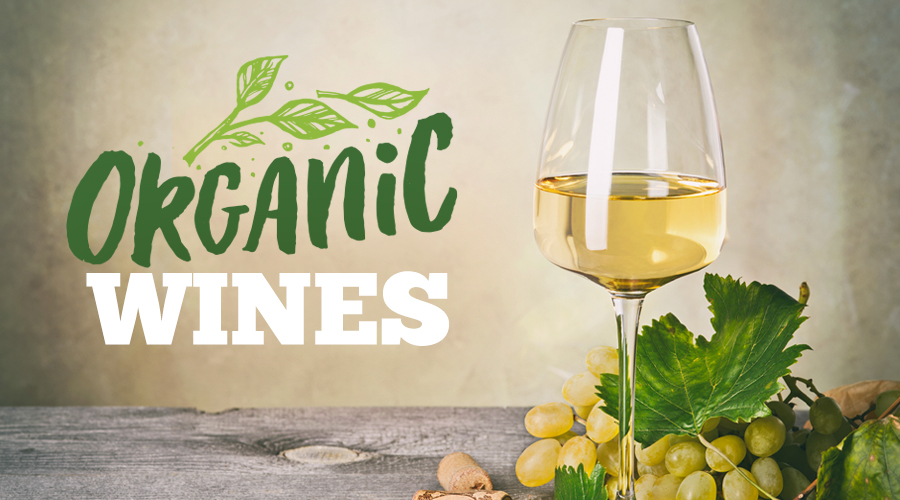Organic wine is produced by growing grapes without using harmful fertilizers or chemicals. Organic wine started to attract attention after growing health problems and an increasing focus on healthy living. Therefore, the growing demand for organic wine has positively affected the number of organic vines. Favorable climatic conditions, positive governmental approaches and a focus on sustainable agriculture are some of the important factors that influence the growth of the organic wine market across the globe. In addition, the increase in demand for healthy food, as well as the increase in the single income, increased the demand for organic wine.
Recently, in April, 2021, Veuve du Vernay, the No. 1 French sparkling wine brand in the United States, announced the sale of Sparkling Brut Organic in the U.S. market. The wine will be available in select stores across the country. Sparkling Brut Organic was created using the Blanc de Blancs Charmat method and is made using organic and sustainable farming practices. It is organically certified under the French name NOP3, a certificate recognized in the United States. The growing consumer awareness of organic and sustainable wines has forced Veuve du Vernay to add Brut Organic to its offering and show its unique approach to wine style.
The global organic wine market is broadly diversified on the basis of packaging, product type, distribution channel, and region. By packaging, the global market is segmented into cans, glass bottles, plastic bottles, and others. Based on product type, the global market for organic wine is classified into white organic wine and red organic wine. Moreover, the global organic wine market is also divided into hypermarkets, food service, supermarkets, online channel, specialist retailers, and others based on the distribution channel.
Geographically, Europe leads the race in the global organic wine market. Due to the thriving wine culture in Spain, Italy and France, the European region, which has been an important center for wine enthusiasts for decades, needs to create ample room for maneuver for producers operating in the organic wine market. In recent years, European winemakers have been paying increasing attention to the production of wine from natural yeast. In addition, several projects have been launched to make wine production more sustainable and thus reduce the environmental footprint.
Some of the renowned players contributing with their wide range of products in the global organic wine market include Avondale, The Organic Wine Company, ELGIN RIDGE WINES, GRGICH HILLS ESTATE, Società Agricola QuerciabellaSpA, Bronco Wine Company, King Estate Winery, La cantina PizzolatoS.r.lare, EMILIANA, Frey Vineyards.
